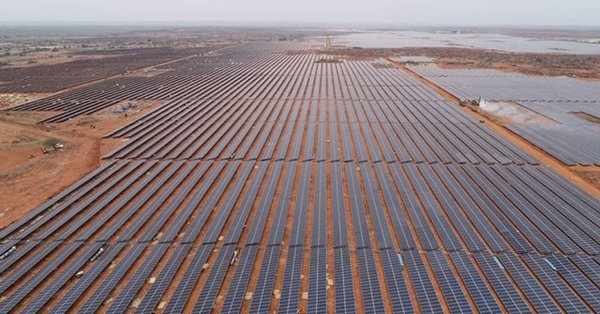Solar tariffs below Rs 2.55/kWh economically unviable currently, says Ieefa
- To gain sensible returns on solar projects, designers have to consider the numerous threats as well as properly approximate the price of every part prior to bidding process.

Tariffs listed below Rs 2.55/ kWh are monetarily unviable in the Indian solar market under existing market problems-- according to an evaluation collectively taken on by the U.S.-based Institute for Energy Economics as well as Financial Analysis (Ieefa) as well as JMK Research & Analytics.
The evaluation discovered India's solar tolls have actually secured at Rs 2.50-2.87/ kWh, 20-30% listed below the price of existing thermal power in India, and also approximately half the cost of brand-new coal-fired power.
" While this price is really affordable contrasted to thermal plant tolls, as well as profitable for power circulation firms getting in long-term power acquisition arrangements, this is a flooring for designers if they wish to earn money," stated co-author Vibhuti Garg, an Ieefa power financial expert, in a record on the searchings for.
" Developers have actually currently minimized their return assumptions from 14% to 12%, with tolls being accomplished as reduced as Rs2.5/ kWh.".
When bidding process, Garg included designers should be conscious of all the specifications influencing tolls.
Leading variables.
The Ieefa-JMK Research research study contrasted residential tolls and also the problems making it possible for project returns, with the outcomes compared versus solar developer assumptions.
Co-author Jyoti Gulia of JMK Research stated problems in India are extremely various to various other power markets, including that rates of interest, module expenses, as well as ability exercise consider certain have a significant effect on solar tolls and also project returns.
" The expense of funding is a large aspect in identifying returns and also tolls. Substantially greater rates of interest in India contrasted to various other leading renewable resource nations is just one of the factors for greater residential tolls. The no indexation for the 25 year duration is likewise a crucial worth for India that is not specific in the year 1 toll," Gulia stated.
" The landed expense of imported components at once of money decrease is additionally detrimentally impacting tolls, nevertheless this could be made up with the dropping module rates.
" Finally, ability exercise aspects (CUF) vary throughout states in India, offered considerably various solar source top qualities. Any kind of decrease in exercise prices has a substantial influence on project returns. Based on our record searchings for, a 3% decrease in CUF leads to over 7% fall in equity returns.".
The writers discovered the Solar Energy Corporation of India (SECI) and also NTPC played an essential function in structure worldwide financier rate of interest. Legal assurance remains in area with counter celebration as well as settlement threat guarantee from these main federal government companies.
Nonetheless, "To make sensible returns on project financial investments, it is essential for project designers to consider the threats as well as rightfully price quote the prices of every element," stated Garg.
The Ieefa-JMK Research searchings for are released in a record entitled 'Developers and also Global Investors Snap Up India's Solar Power Tenders: Decoding Tariffs vs Returns for Solar Projects in India.'.
